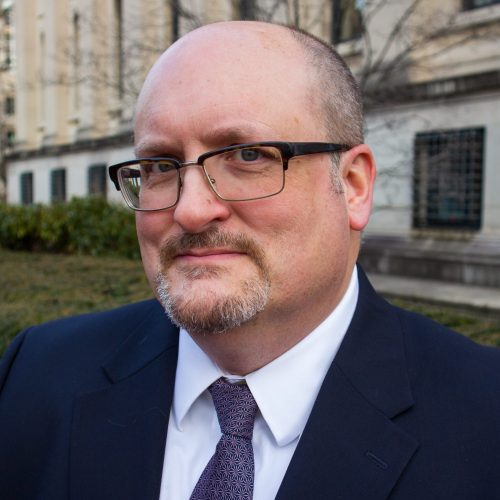Grants are usually awarded because the charity presents a set of intangible reasons that helped convince the foundation staff and board to make the commitment
How often do we find ourselves feeling more than a touch of envy when we hear of another charity – much like our own – winning a grant? Followed by the strong desire to learn exactly how or why they won it?
First things first. There are some tangible reasons that a grant is awarded. A prior relationship with the funder. A well-written/well-presented grant application. Excellent timing. The right match with the funder’s priorities.
But go beyond these things and you will find that, in many cases, the grant was awarded because the charity presented a set of intangible reasons that helped convince the foundation staff and board to make the commitment. Over the years, I have been fortunate to have served as counsel to more than 125 grant-winning organizations and I think there are some common traits you’ll find among them.
Vision
Grants are investments in lasting, meaningful results and change. When a proposal presents a clear “road map” to this change (theory of change models, log frames and logic models help), the reader and ultimately the foundation’s leadership become engaged.
Strong leadership in the C-Suite
Hand in hand with vision is visible and strong leadership at the top of the organization. Foundations that are asked to make significant commitments will oftentimes engage with the CEO, COO and sometimes the CFO to assess where the buck stops and the program starts. If they like what they see and hear, it can help seal the deal.
Strong leadership on the front lines
Your program team provides the eyes, ears, and hands that make a foundation grant meaningful. In just about every instance of a significant grant that was awarded to one of my clients, the program leadership played a role in engaging the foundation staff and providing a look at the work to be done.
Programs designed to the right scale
Scalability is important to grantors. The key is to tell the grantmaker NOT how you are going to change the world, but how you are going to change YOUR piece of the world. If you can define your constituents/community well and demonstrate you have a program designed for the right scale, you can quickly overcome any sense of risk on the part of the funder. This is critical to winning trust…and a grant.
Solid financials
The paradox of the grantmaking world is that most grantmakers see themselves as entrepreneurial but are led by board and staff who can be highly risk-averse when selecting grantees. A key factor in mitigating risk is solid budgeting, audits, and systems that give the grantor a sense that you have your financial house in order and that their money will be well-managed.
An active pipeline and a system to manage it
Grantseeking is a numbers game. Our most successful clients are the ones that consistently touch funders on a month-to-month basis –connecting with current donors, making new contacts, submitting funding requests. Over time, those organizations can build a portfolio of sustaining grant support.
Add them all up and you have a winning formula. These attributes are not difficult to develop: with an investment in time, talent, planning, guidance and good systems your agency can boost its grant win rate.

